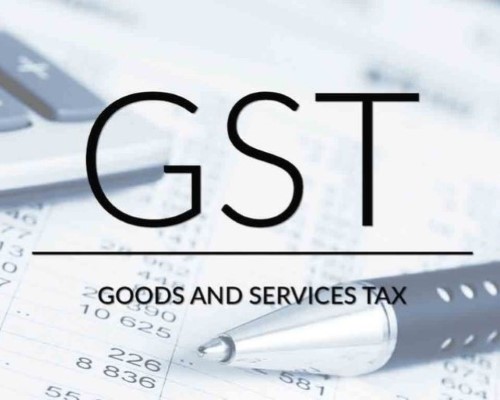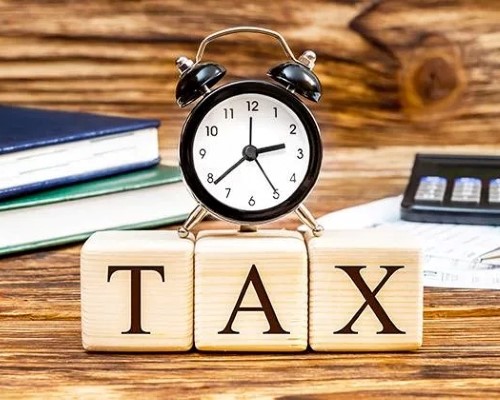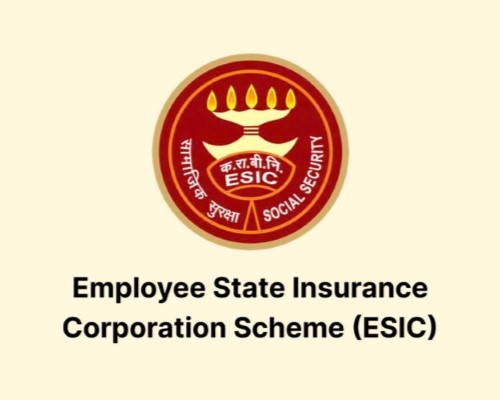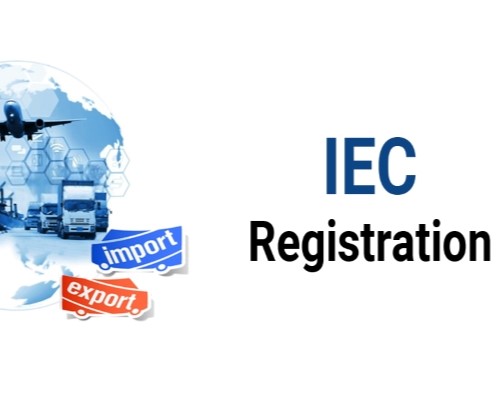There are Various registrations to be taken at various Stages of business depending upon nature of business, some are compulsory and some are Optional, This registrations helps you to make necessary compliances and helps to run the Indian tax structure
GST Registration
GST stands for Goods and Services Tax, representing the most significant indirect tax reform in India. It consolidates multiple taxes into a single tax structure. Under the GST regime, both goods and services are taxed under one unified law known as the Goods and Services Tax Laws. Taxes are levied at a single rate, which is then divided between the Central and State Governments as CGST (Central Goods and Services Tax) and SGST (State Goods and Services Tax) or IGST (Integrated Goods and Services Tax).
GST registration is mandatory for business entities based on their turnover and activities. Businesses engaged in the sale of goods must apply for GST registration if their aggregate turnover exceeds ₹40 lakhs, while service providers must do so if their turnover exceeds ₹20 lakhs in a financial year. For businesses operating in the North Eastern States, the thresholds are ₹20 lakhs for goods and ₹10 lakhs for services. Due to the advantages it offers, many dealers opt for voluntary registration under GST as well.
The GST registration process in India is entirely online. Registering for GST not only facilitates a seamless flow of Input Tax Credit but also provides official recognition as a registered supplier.






